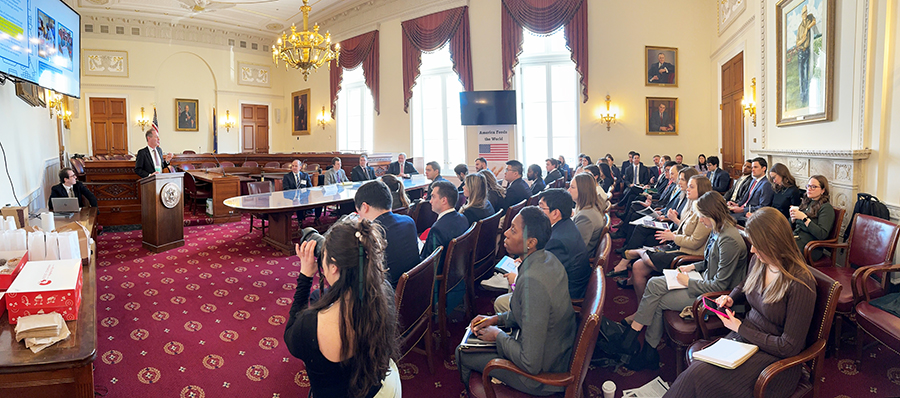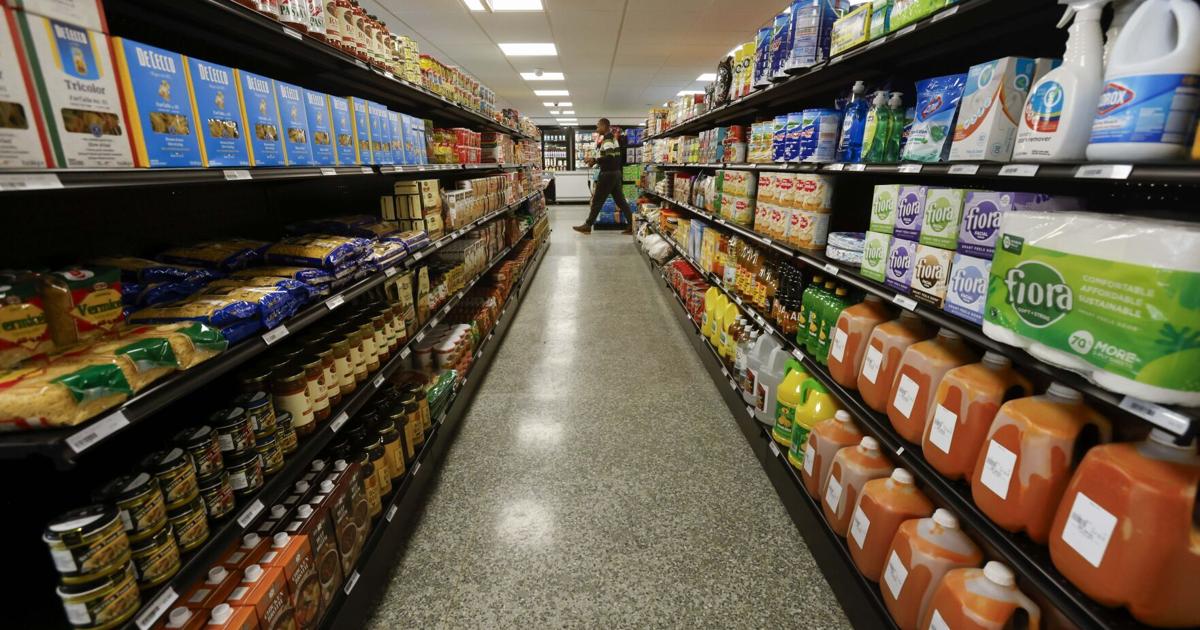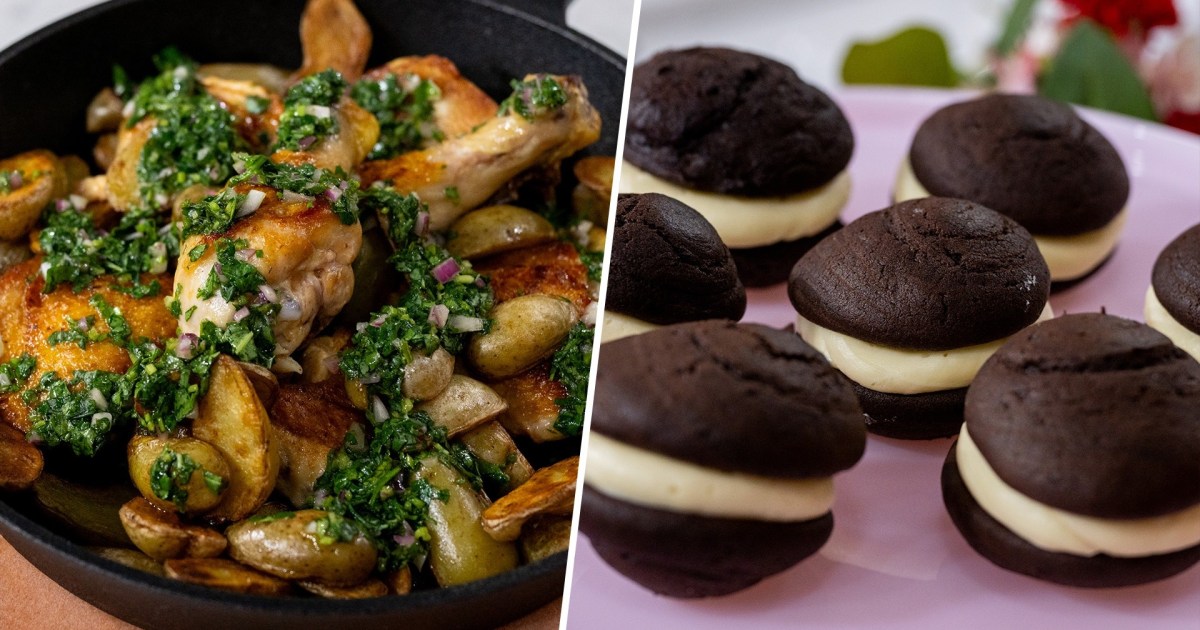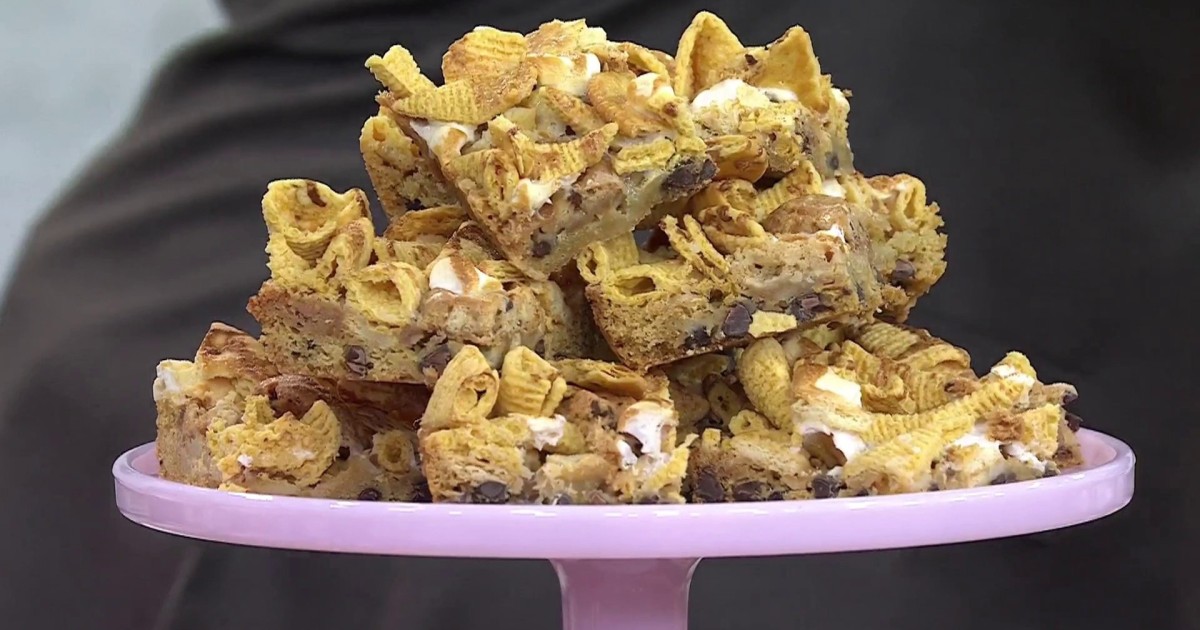In the context of weight loss, there’s a lot of mixed advice about not eating after a certain hour of the evening. Some studies have shown that the type of midnight snack is more important than the time it’s consumed. According to 2015 research in Nutrients, “when the food choice is small, nutrient-dense, low energy foods and/or single macronutrients rather than large mixed-meals,” there appear to be fewer negative outcomes. A study in the American Journal of Clinical Nutrition found that eating high-protein snacks late at night could help maintain stable blood sugar levels throughout the night, which is especially beneficial for those with diabetes.
Still, one 2023 study of 850 participants published in the European Journal of Nutrition found that adults who snacked after 9 p.m. had elevated markers for diabetes risk and higher blood sugar spikes after daytime meals than those who didn’t eat late at night. Another study of nearly 1,200 adults found that evening eating may be associated with a higher total calorie consumption overall (as well as lower diet quality), but ultimately concluded that more research was needed to determine whether the timing of eating was at play.
TL;DR? It’s probably best to consume your calories during the day…but if you’re going to eat a midnight snack, keep it small (around 150 calories, give or take), nutrient dense and with a decent amount of protein.


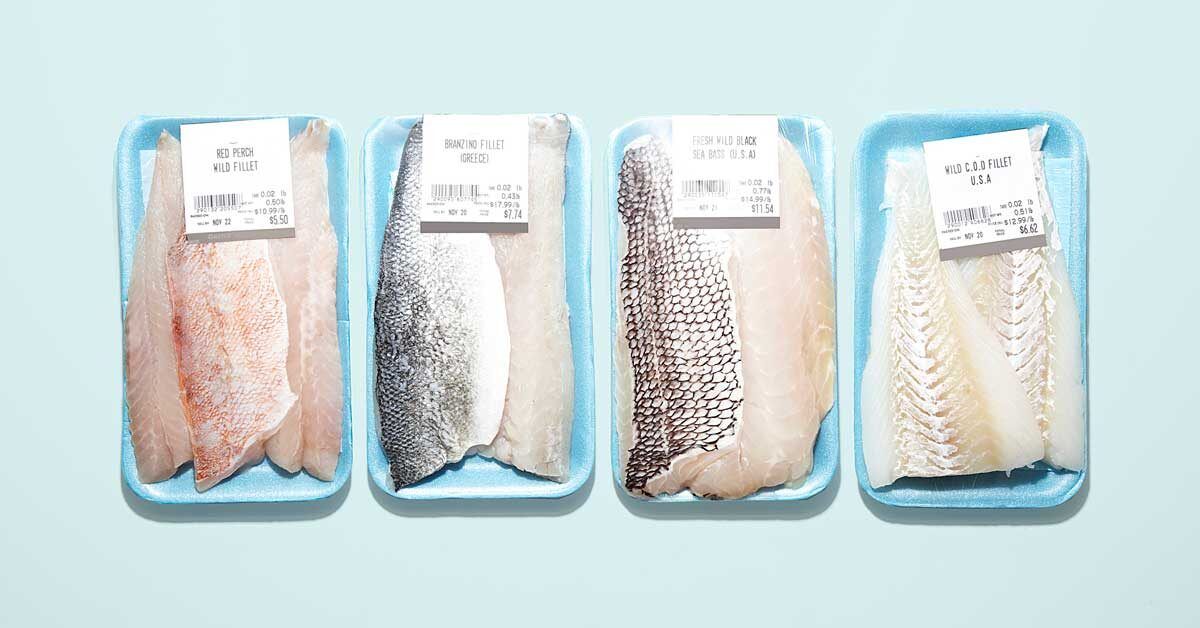
:max_bytes(150000):strip_icc()/ChickenBreast-7c055ca42ace4670867b52b9ab642824.jpg)


